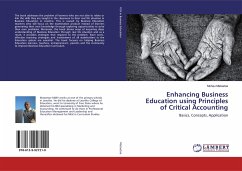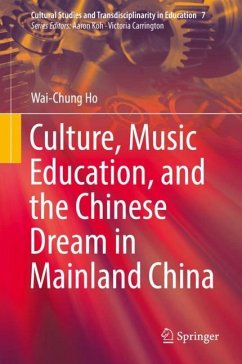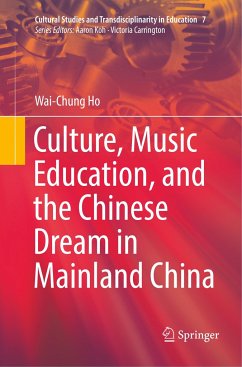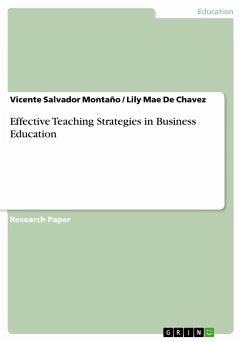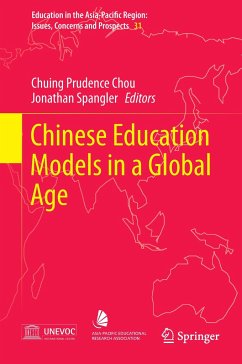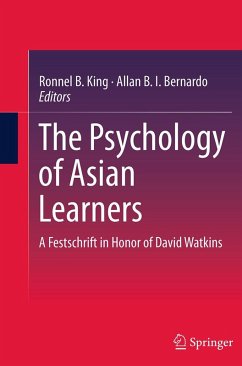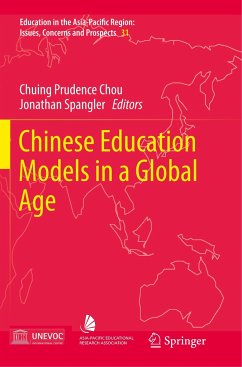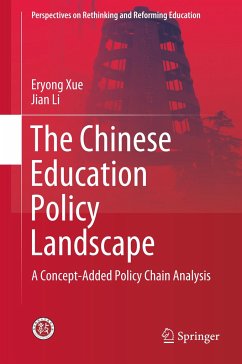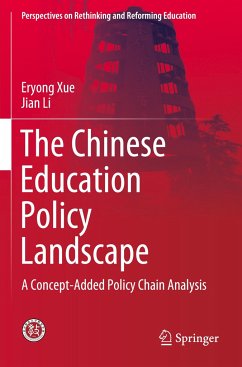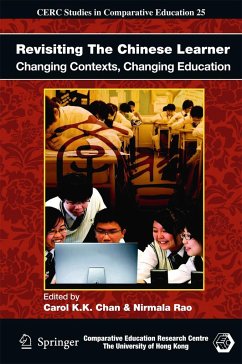Dr Rajaram is a Senior Lecturer and Course Director at Nanyang Business School, Nanyang Technological University, Singapore, where he teaches, leads a team of senior instructors, and is responsible for the curriculum & learning design of management and leadership courses. He is also a Research Fellow-Affiliate with the Centre for Research and Development in Learning, and Founder & Executive Director of the Research Lab for Learning Innovations and Culture of Learning - InnosolvLearn, Creative Solutions. He holds a PhD with Distinction in Business and Management (focusing on Learning Science). In recognition of his contributions, he was nominated for the Emerald Outstanding Doctoral Research Award in 2012, 2013 and 2014. He has received multiple competitive school, university and national level research grants and awards on topics related to pedagogical innovation and leadership competencies. He has published extensively on management education, learning culture in multi-disciplinary contexts, learning analytics and internationalization of business education. Dr Rajaram has over 18 years of leadership and senior management corporate experience in organizational change, strategic management and learning & training development. He is an expert in internationalization, learning cultures & cultures of learning, management education, innovation management, leadership, competency and soft skills development, and change management. He was instrumental in transforming and implementing the flipped-classroom pedagogy, adopting problem-based and team-based learning in the program that he chairs. He was nominated for the Outstanding USQ Academic & Research Alumnus Award in 2014, 2015 and 2016. He was also selected for the John Cheung Social Media Award 2016, NTU EdeX Grants 2016 & 2017 and MOE TRF National Level Grant 2017.







